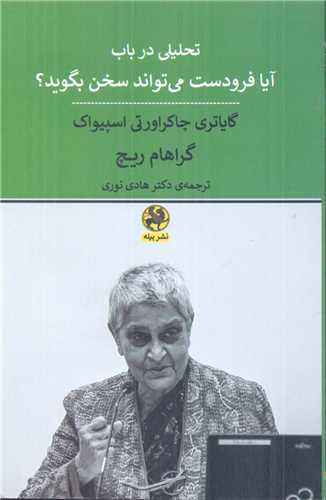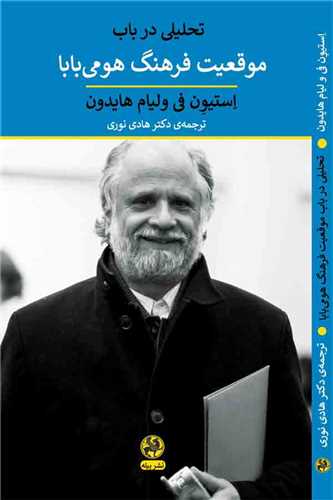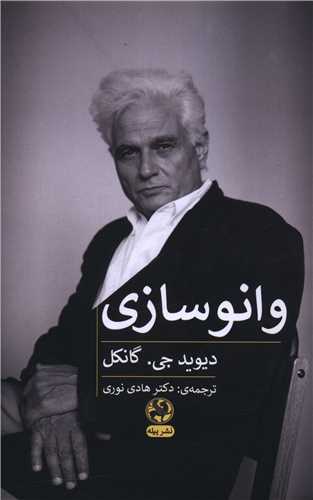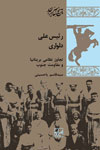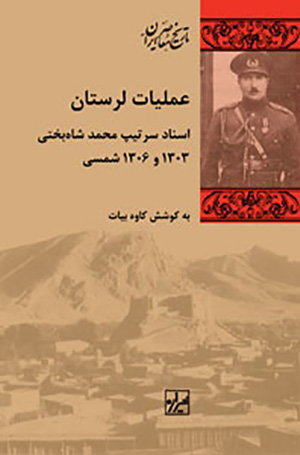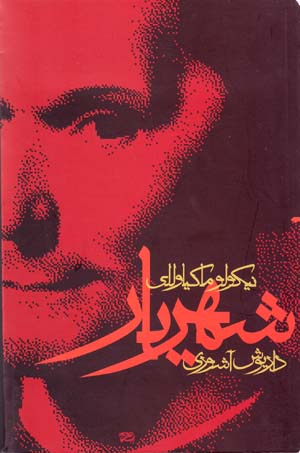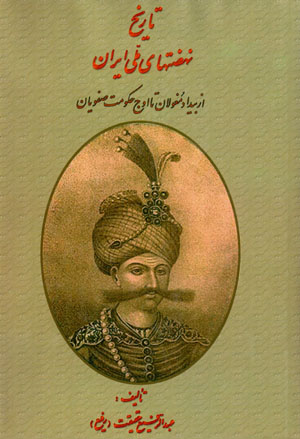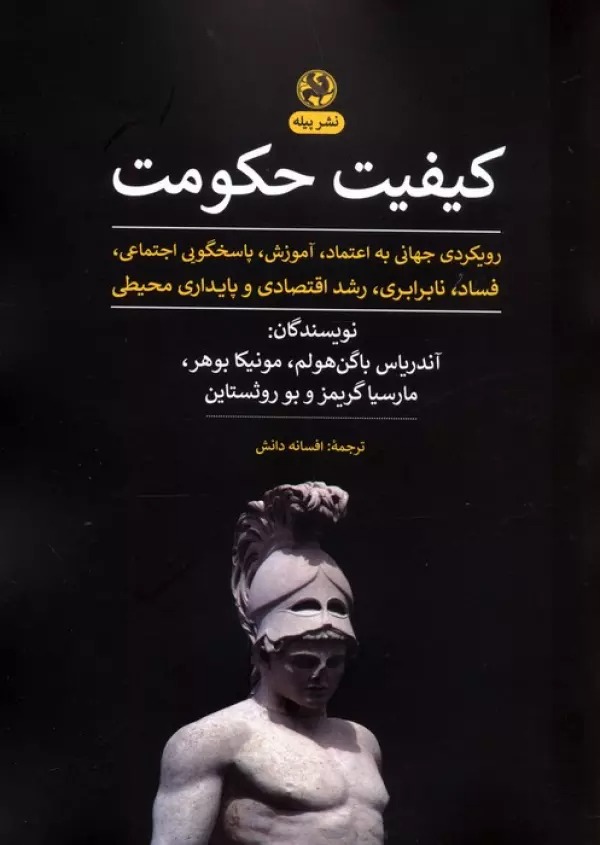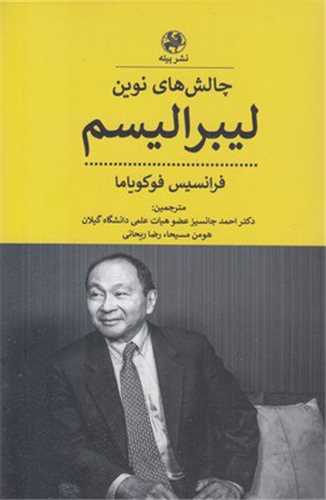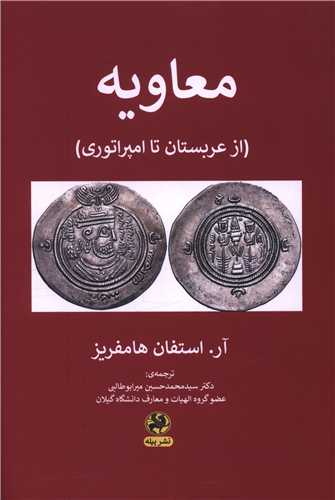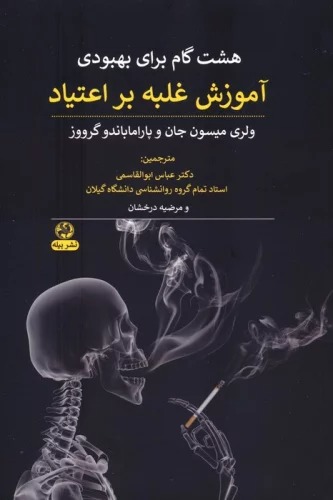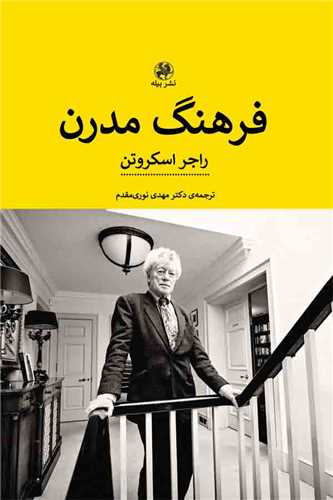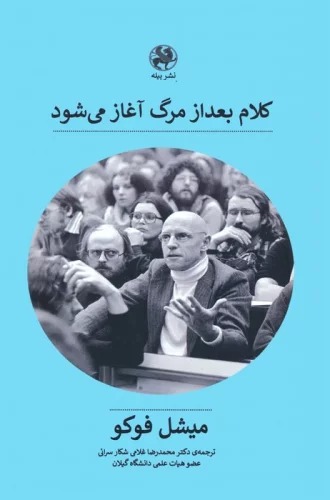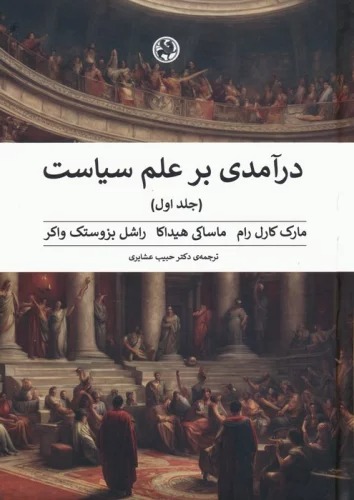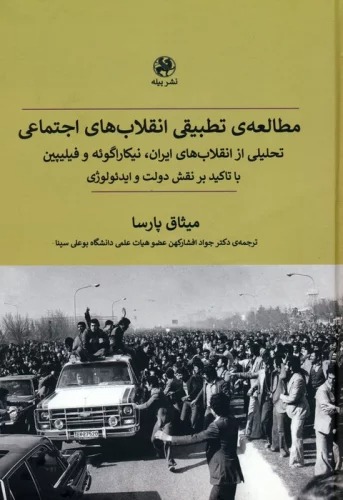Taḥlīlī dar Bāb-i Āyā Furūdast Mī'tavānad Sukhan Bigūyad?: Persian 2023
تحلیلی در باب آیا فرودست می تواند سخن بگوید
20.25 $
Share
Wishlist
A critical analysis of Spivak's classic 1988 postcolonial studies essay, in which she argues that a core problem for the poorest and most marginalized in society (the subalterns) is that they have no platform to express their concerns and no voice to affect policy debates or demand a fairer share of society’s goods.
A key theme of Gayatri Spivak's work is the ability of the individual to make their own decisions. While Spivak's main aim is to consider ways in which "subalterns" – her term for the indigenous dispossessed in colonial societies – were able to achieve agency, this paper concentrates specifically on describing how Western scholars inadvertently reproduce hegemonic structures in their work.
Spivak is herself a scholar, and she remains acutely aware of the difficulty and dangers of presuming to "speak" for the subalterns she writes about. As such, her work can be seen as predominantly a delicate exercise in the critical thinking skill of interpretation; she looks in detail at issues of meaning, specifically at the real meaning of the available evidence, and her paper is an attempt not only to highlight problems of definition but to clarify them.
What makes this one of the key works of interpretation in the Macat library is, of course, the underlying significance of this work. Interpretation, in this case, is a matter of the difference between allowing subalterns to speak for themselves, and of imposing a mode of "speaking" on them that – however well-intentioned – can be as damaging in the postcolonial world as the agency-stifling political structures of the colonial world itself. By clearing away the detritus of scholarly attempts at interpretation, Spivak takes a stand against a specifically intellectual form of oppression and marginalization.
more
تحلیل انتقادی مقاله کلاسیک مطالعات پسااستعماری اسپیواک در سال 1988، که در آن او استدلال میکند که مشکل اصلی برای فقیرترین و به حاشیهرفتهترین افراد جامعه (فرعطلبان) این است که آنها هیچ بستری برای بیان نگرانیهای خود و هیچ صدایی برای تأثیرگذاری بر بحثهای سیاسی یا مطالبات ندارند. سهم عادلانه تری از کالاهای جامعه
موضوع اصلی کار گایاتری اسپیواک توانایی افراد در تصمیم گیری های خود است. در حالی که هدف اصلی اسپیواک این است که روشهایی را در نظر بگیرد که «فرعیها» - اصطلاح او برای بومیان محروم در جوامع استعماری - توانستند به عاملیت دست یابند، این مقاله به طور خاص بر توصیف چگونگی بازتولید ناخواسته ساختارهای هژمونیک توسط محققان غربی در کار خود متمرکز است.
اسپیواک خودش یک محقق است و به شدت از دشواری و خطرات فرضیه «صحبت کردن» برای افراد فرودستی که درباره آنها می نویسد آگاه است. به این ترتیب، کار او را می توان عمدتاً به عنوان تمرینی ظریف در مهارت تفکر انتقادی تفسیر دانست. او به تفصیل به مسائل معنا نگاه می کند، به ویژه به معنای واقعی شواهد موجود، و مقاله او تلاشی است نه تنها برای برجسته کردن مشکلات تعریف، بلکه برای روشن کردن آنها.
آنچه این را به یکی از آثار کلیدی تفسیر در کتابخانه مکات تبدیل می کند، البته اهمیت اساسی این اثر است. تفسیر، در این مورد، موضوع تفاوت بین اجازه دادن به افراد فرودست برای صحبت کردن از جانب خود، و تحمیل شیوهای از «صحبت کردن» به آنها است که – هر چند با نیت خوب – میتواند در دنیای پسااستعماری به همان اندازه آسیبرسان باشد که خفهکننده. ساختارهای سیاسی خود دنیای استعماری اسپیواک با پاک کردن ذرات تلاشهای علمی برای تفسیر، در برابر شکلی خاص فکری از سرکوب و به حاشیه راندن موضع میگیرد.
more

